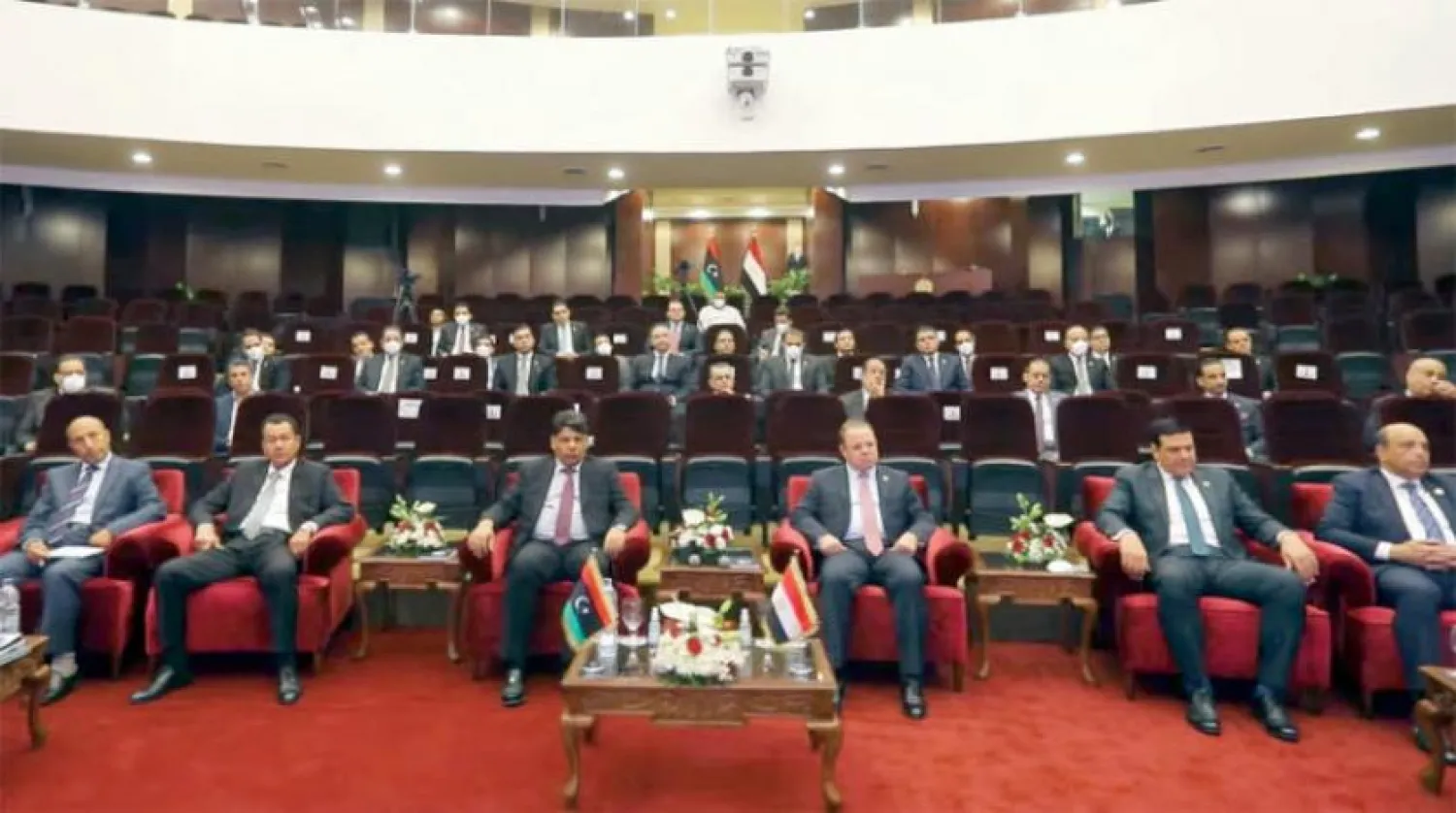Egyptian and Libyan officials held talks this week to strengthen cooperation in combatting crime, corruption and human trafficking.
The discussions were part of recommendations presented by the joint Libyan-Egyptian consular committee for resuming judicial cooperation between both countries.
Libyan Attorney General Al Sidiq Al Sour and his Egyptian counterpart Hamada Al Sawy signed in Cairo a memorandum of understanding to bolster cooperation in combating all forms of crimes, especially terrorism, corruption, human trafficking and cybercrimes.
Sawy ordered the preparation of proposals to Libyan officials over the exchange of technical and scientific expertise between the two neighbors.
For his part, Al Sour said both countries are united through history, geography and deep-rooted ties. He stressed the need to put in place “new mechanisms and patterns” to ensure close cooperation between the two prosecutions, and preserve evidence and confidentiality in investigations.
He cited the memorandum signed by the two sides as an example of how constant cooperation can be maintained.
Al Sawy and Al Srour then toured the Institute of Criminal Research and Training in Cairo.
In May, the joint Libyan-Egyptian consular committee held its 13th session in Cairo following an eight-year-halt. It discussed several common themes, including judicial cooperation, boosting cooperation in the areas of transport and customs, and facilitating the movement of people and goods between their countries.









